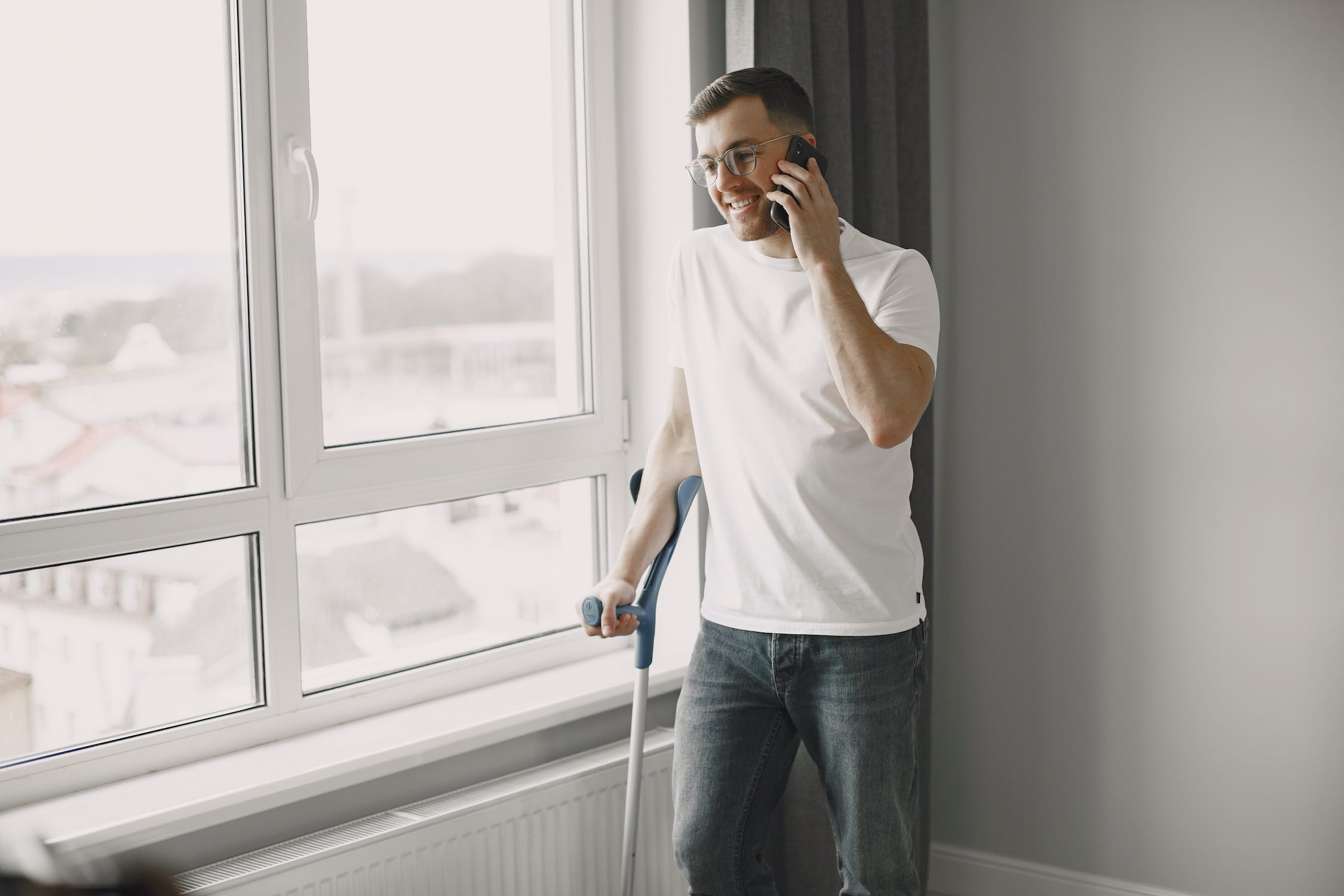
If you have a friend who has been in a car accident, it can be difficult to know what to do. You want to make sure that they are okay, but you also don’t want to overwhelm them. In this blog post, you’ll gain some tips on how to help your friend after a car accident.
Car accidents are incredibly common. According to the Insurance Information Institute, in 2018 there were 6.7 million car accidents in the United States alone. And these numbers have been gradually rising during the years that have followed, particularly with increasing amounts of traffic on the roads. It’s likely that you know someone who has been in a car accident and if they are your friend, you probably want to help.
So how exactly can you help a friend who has been in a car accident?
Listen First
The first thing that you should do is listen to your friend. Don’t talk about the accident or ask too many questions; just listen to how they are feeling and let them know that you are there for them. They might not be ready to talk about the accident in detail yet; they might just want the comfort of having a friend nearby. Or their way of looking at the accident might be different from yours, and you don’t want to upset them by putting new ideas in their head. So listen, listen, listen. And take what they say as a cue for how you might be able to help them next.
Offer Practical Help
The next step is to offer practical help. This could include helping them with paperwork, bringing them food, or even just spending time with them. Ask them if there is anything specific they need and if they don’t know what they need, just offer some general help and support. Also, if they have a lot of medical bills or car repairs to pay, you could offer to help them set up a crowdfunding page or even just help them figure out what the next steps should be. If they haven’t got a lawyer yet, you could also offer to help them gain legal advice by finding out the names of a few reputable law firms. Just search for something such as car accident lawyer in Texas to find someone who might be able to help.
Offer Emotional Support
After offering practical help, it’s important to also offer emotional support. Just be there for your friend and try not to judge them or the accident itself. Show that you care and be a good listener. This can make all the difference in the world when it comes to helping your friend heal from the trauma of the accident.
Providing emotional support might also be about distracting them, or taking them to do something that will take their mind off things. Do whatever feels right for your friend, their personality, and how they seem to be coping in the aftermath of the accident in the current moment.
Offer To Drive Them Places
Another thing you can do to help your friend is offer to drive them places. If they have had their car damaged in the accident, getting around can be difficult. So, you can offer to drive them to appointments or places they need to go. This will make life a lot easier for them in the aftermath of the accident. Even if their car is in good working order, they may not feel mentally ready to drive yet. So take that into consideration too. You could also offer to pick up groceries or medication if they’re not up to getting out of the house yet.
Be Positive and Encouraging
It’s also important to be positive and encouraging. Accidents can be traumatic and scary, so your friend needs your positivity in order to help them heal from the experience. Remind them that they are strong and that this is just a bump in the road. Remind them to take time for themselves and to focus on the things that make them happy. And don’t be afraid to share funny stories or jokes either – laughter can be a great healer.
Check In On Their Mental Health
After an accident – even months after a car crash – it’s important to check in on your friend’s mental health. They might be feeling overwhelmed or anxious after the accident and need someone to talk to. They might be feeling depressed or scared and need someone to help them process their emotions. Make sure to check in on your friend’s mental health often, and if you’re worried about them, don’t hesitate to suggest that they seek professional help.
Help Their Family Too
Sometimes the victim of a car crash will be more worried about how their family will cope without them being fully able to take care of their usual commitments. Helping the family can help take some of the pressure off your friend. Offer to do housework, childcare or even just provide emotional support, if that is something their family could benefit from. It could even be that cooking them a meal once a week takes the pressure off.
Ultimately, it’s important to remember that everyone deals with car accidents differently and there is no one-size-fits-all approach to helping a friend. Listen to them and be understanding, then offer whatever help you can in a way that makes the most sense for them. Let your friend know that you’re there for them and they can lean on you whenever they need to. And most importantly, be patient as they take time to heal.